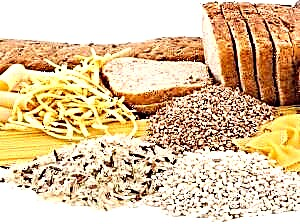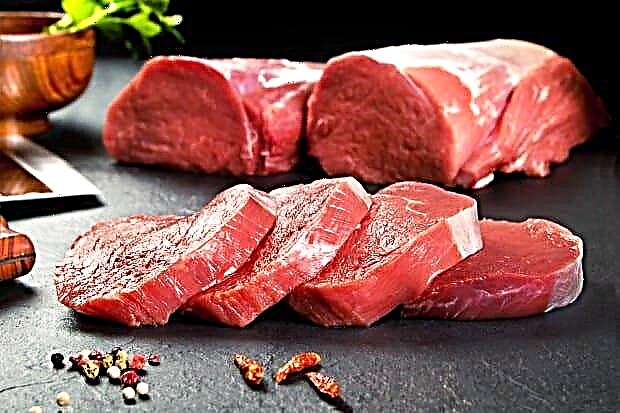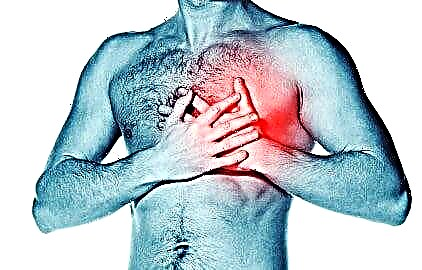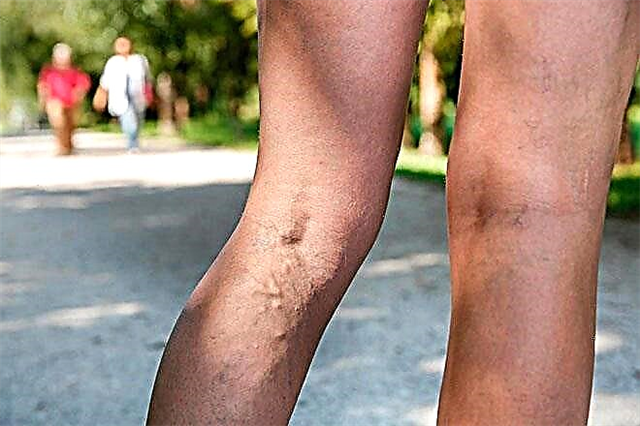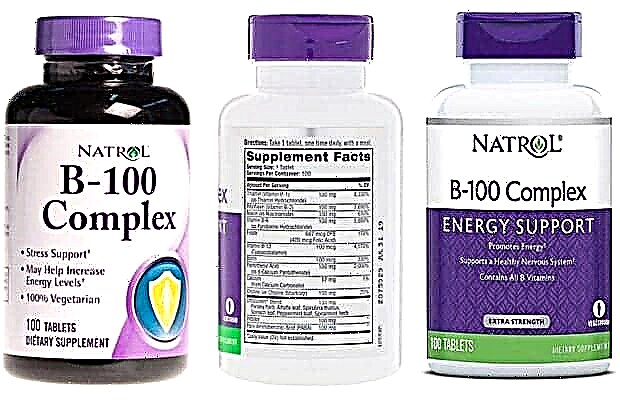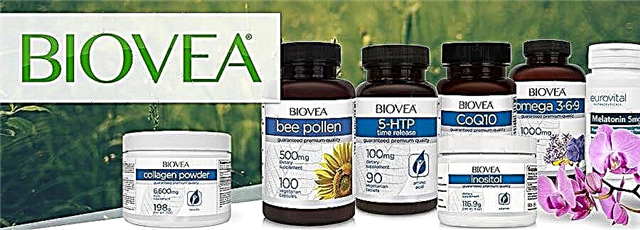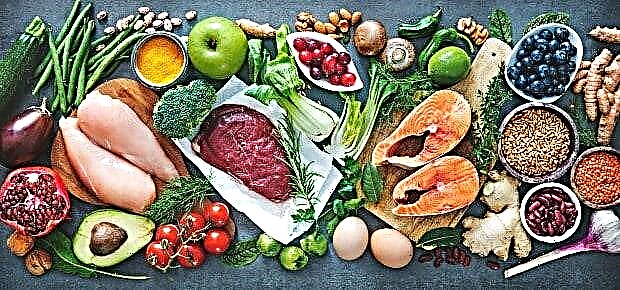Cinnamon is a plant native to the Asian tropics. From the bark of a small evergreen tree, a spice is obtained, which is in demand in the cooking of different peoples.
In addition to cooking, the aromatic spice is widely used in medicine and is used for the treatment and prevention of various diseases. Cinnamon strengthens the immune system, increases the vitality of the body, and has a beneficial effect on the functioning of the organs of the gastrointestinal tract.
Cinnamon is high in vitamins and minerals. Regular use will saturate the body with useful compounds and normalize the work of most organs and systems.
Calorie content and composition of cinnamon
The benefits of cinnamon for the body are due to its rich chemical composition. It contains essential oils, dietary fiber, various vitamins and minerals. 100 g of product contains 247 kcal. The calorie content of one teaspoon of cinnamon is 6 kcal.
Nutritional value of cinnamon per 100 g of product:
- proteins - 3.99 g;
- fats - 1.24 g;
- carbohydrates - 27.49 g;
- water - 10.58 g;
- dietary fiber - 53.1 g
Vitamin composition
Cinnamon contains the following vitamins:
| Vitamin | amount | Benefits for the body |
| Vitamin A | 15 mcg | Improves the condition of the skin and mucous membranes, vision, participates in the formation of bone tissue. |
| Lycopene | 15 mcg | Promotes the elimination of toxins. |
| Vitamin B1, or thiamine | 0.022 mg | Converts carbohydrates into energy, normalizes the nervous system, improves bowel function. |
| Vitamin B2, or riboflavin | 0.041 mg | Improves metabolism, protects mucous membranes, participates in the formation of erythrocytes. |
| Vitamin B4, or choline | 11 mg | Regulates metabolic processes in the body. |
| Vitamin B5, or pantothenic acid | 0.358 mg | Participates in the oxidation of fatty acids and carbohydrates, improves the condition of the skin. |
| Vitamin B6, or pyridoxine | 0.158 mg | Helps fight depression, strengthens the immune system, promotes hemoglobin synthesis and protein absorption. |
| Vitamin B9, or folic acid | 6 μg | Promotes cell regeneration, participates in protein synthesis. |
| Vitamin C, or ascorbic acid | 3.8 mg | Promotes collagen formation, wound healing, strengthens the body's immune system, restores cartilage and bone tissue. |
| Vitamin E | 2, 32 mg | Protects cells from damage, removes toxins. |
| Vitamin K | 31.2 mcg | Participates in the process of blood clotting. |
| Vitamin PP, or nicotinic acid | 1.332 mg | Normalizes cholesterol levels, regulates lipid metabolism. |
Cinnamon contains alpha and beta carotene, lutein and betaine. The combination of all vitamins in the spice helps to strengthen the immune system and has a complex effect on the body. The product helps with vitamin deficiency and is used to prevent various diseases.
Macro and microelements
The spice plant is saturated with macro- and microelements necessary for the full provision of the vital processes of the human body. 100 g of cinnamon contains the following macronutrients:
| Macronutrient | Quantity, mg | Benefits for the body |
| Potassium (K) | 431 | Removes toxins and toxins, normalizes heart function. |
| Calcium (Ca) | 1002 | Strengthens bones and teeth, makes muscles more elastic, contributes to the normal functioning of the nervous system, participates in blood clotting. |
| Magnesium (Mg) | 60 | Regulates protein and carbohydrate metabolism, promotes the elimination of cholesterol, improves bile secretion, relieves spasm. |
| Sodium (Na) | 10 | Provides acid-base and electrolyte balance in the body, regulates the processes of excitability and muscle contraction, maintains vascular tone. |
| Phosphorus (P) | 64 | Participates in the metabolism and the formation of hormones, normalizes brain activity, forms bone tissue. |
Trace elements in 100 grams of the product:
| Trace element | amount | Benefits for the body |
| Iron (Fe) | 8, 32 mg | It is a part of hemoglobin, participates in the process of hematopoiesis, normalizes the work of muscles and the nervous system, fights fatigue and weakness of the body. |
| Manganese, (Mn) | 17, 466 mg | Participates in oxidative and metabolic processes, normalizes cholesterol levels, prevents the deposition of fats in the liver. |
| Copper (Cu) | 339 μg | Participates in the formation of red blood cells and in the synthesis of collagen, improves the condition of the skin, promotes the absorption of iron and its transition to hemoglobin. |
| Selenium (Se) | 3.1 mcg | Strengthens the immune system, slows down the aging process, prevents the development of cancerous tumors, has an antioxidant effect. |
| Zinc (Zn) | 1.83 mg | Participates in the production of insulin, in fat, protein and vitamin metabolism, stimulates immunity, protects the body from infections. |

© nipaporn - stock.adobe.com
Acids in chemical composition
Chemical amino acid composition:
| Essential amino acids | Quantity, g |
| Arginine | 0, 166 |
| Valine | 0, 224 |
| Histidine | 0, 117 |
| Isoleucine | 0, 146 |
| Leucine | 0, 253 |
| Lysine | 0, 243 |
| Methionine | 0, 078 |
| Threonine | 0, 136 |
| Tryptophan | 0, 049 |
| Phenylalanine | 0, 146 |
| Essential amino acids | |
| Alanin | 0, 166 |
| Aspartic acid | 0, 438 |
| Glycine | 0, 195 |
| Glutamic acid | 0, 37 |
| Proline | 0, 419 |
| Serine | 0, 195 |
| Tyrosine | 0, 136 |
| Cysteine | 0, 058 |
Saturated Fatty Acids:
- capric - 0, 003g;
- lauric - 0, 006 g;
- myristic - 0, 009 g;
- palmitic - 0, 104g;
- margarine - 0, 136;
- stearic - 0, 082 g.
Monounsaturated fatty acids:
- palmitoleic - 0, 001 g;
- omega-9 - 0, 246g.
Polyunsaturated fatty acids:
- omega-3 (alpha linoleic) - 0.011 g;
- omega-6 - 0, 044 g.
Useful properties of cinnamon
B vitamins are prescribed to normalize the functioning of the nervous system, and the spice contains almost all vitamins of this group. Therefore, cinnamon lovers are less stressed. Regular use of the spice relieves insomnia and depression, improves mood.
On the part of the cardiovascular system, the aromatic spice helps to normalize blood pressure, strengthens blood vessels, and prevents the formation of blood clots. Cinnamon is good for older people who suffer from hypertension and other cardiac diseases. It is useful for athletes during intense training to normalize the heart rate.
The spice has a beneficial effect on the functioning of the organs of the gastrointestinal tract. Helps relieve diarrhea, constipation and flatulence.
Cinnamon normalizes blood cholesterol levels. It is an effective remedy for the prevention of atherosclerosis.
The product helps to remove toxins and toxins from the body, has fat burning properties, and normalizes metabolism. Therefore, cinnamon is often used for weight loss in various diets.
Cinnamon has antimicrobial and antiseptic properties, and fights bladder infections. It is used for coughs and colds. The spice promotes the absorption of insulin, cleansing the liver and gallbladder.
The spice increases the immune status, prevents the development of many diseases, saturates the body with useful elements.
Benefits for women
The benefits of cinnamon for women are the large amount of antioxidants and tannins that make up the spice. It is widely used in cosmetology to create skin care products. Herbal ingredients relieve inflammation, cleanse and nourish the skin. The product is used to treat hair breakage.
The essential oils in the spice make it possible to use it in aromatherapy. The smell of cinnamon relaxes and relieves anxiety, normalizes the activity of the nervous system, and has a beneficial effect on brain activity.
The plant normalizes the menstrual cycle and relieves pain during critical days.
Cinnamon's antifungal properties have been used to combat thrush and other fungal diseases.

© pilipphoto - stock.adobe.com
Every woman will be able to evaluate the effect of cinnamon on her own experience. The spice not only strengthens health, but also improves the appearance, helping to maintain youth and beauty.
Benefits for men
Every man needs constant strengthening of immunity due to frequent physical exertion and an active lifestyle. The benefits of cinnamon for the male body are due to the presence of essential vitamins and minerals that have a beneficial effect on all organs and systems.
The spice stimulates sexual desire and has a positive effect on potency. The plant improves blood circulation, which has a beneficial effect on erection.
The bactericidal and anti-inflammatory properties of the spice are in demand for the treatment and prevention of diseases of the genitourinary system, such as urethritis, cystitis, prostatitis and prostate adenoma.
Cinnamon reduces pain and inflammation from injuries, bruises and muscle sprains.
Men are often stressed. Cinnamon relieves nervous and emotional stress thanks to its B complex.
Harm and contraindications
The wide range of useful properties of cinnamon does not mean that the plant has no contraindications. Like any other food, the spice can be harmful to the body. It should be consumed in small amounts. Excessive dosage of cinnamon will irritate the stomach lining.
It is worth refraining from using spices in case of exacerbation of stomach and intestinal ulcers, increased acidity of the stomach, chronic liver and kidney diseases.
The plant can cause an allergic reaction, especially if used topically.
During treatment with pharmaceuticals, it is recommended to stop consuming cinnamon, since it is not known what reaction the spice enters into with the components of medicines.

© nataliazakharova - stock.adobe.com
Outcome
In general, cinnamon is a safe and healthy product that is beneficial for all systems and organs. The composition, rich in vitamins and essential oils, is used as a means of preventing many diseases and is used for skin and hair care. Regular consumption of cinnamon in moderate doses will not harm health, on the contrary, it will increase immunity and make the body stronger and more resistant to infections.

